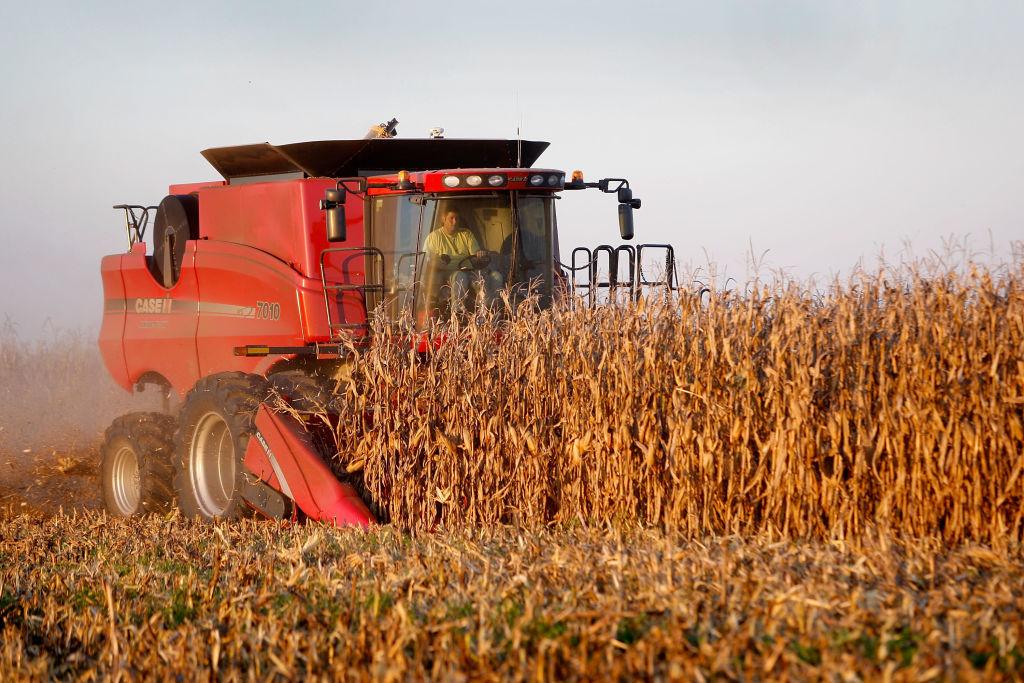Federal agencies don’t have reliable information on China’s purchases of U.S. farmland because of “flawed” data collection and reporting processes, a new government report has found.
The U.S. Department of Agriculture (USDA) needs to move away from its manual, paper-form-based foreign farmland purchase data collection process and share the information with other agencies more often than once a year, the U.S. Government Accountability Office (GAO) said in a report released on Jan. 18.



